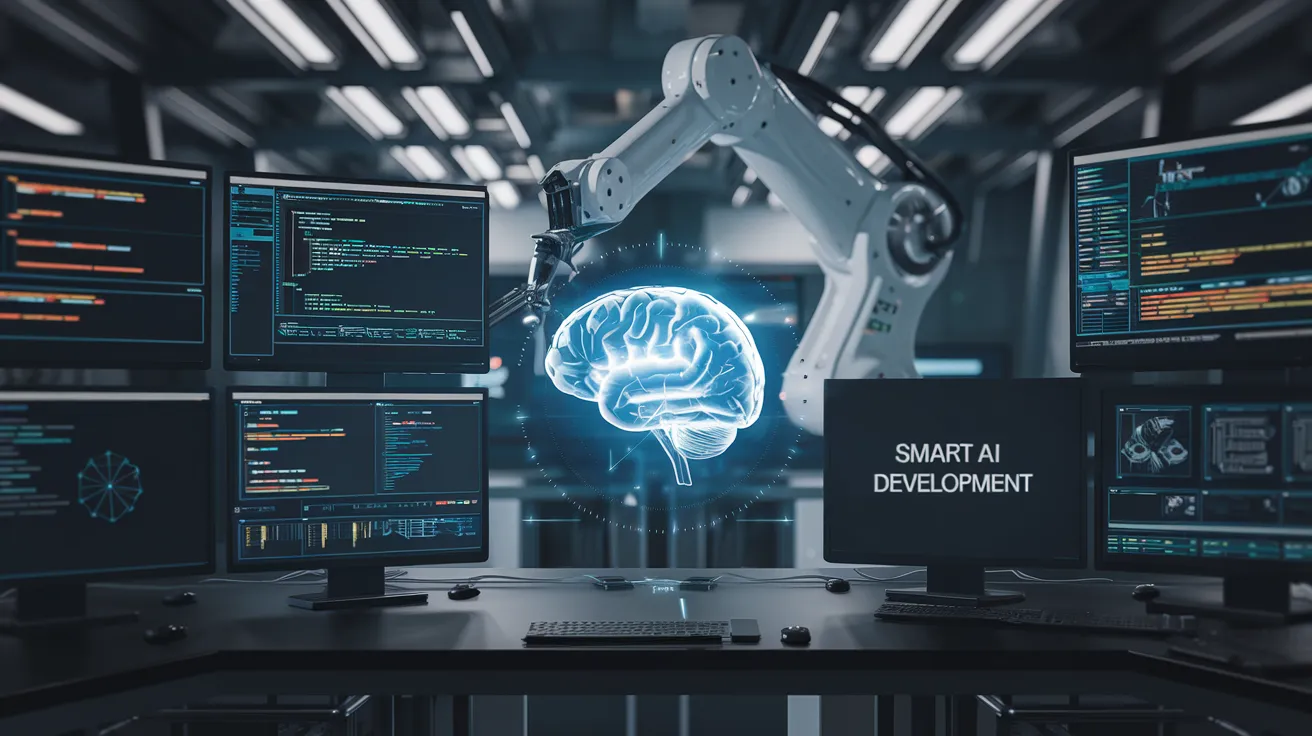Exploring the Need for Smart AI Development

In an era marked by rapid advancements in artificial intelligence (AI), prominent figures such as Prof. Geoffrey Hinton, often referred to as the ‘Godfather of AI’, have voiced concerns regarding the potential of developing artificially intelligent systems that could surpass human capabilities. Hinton’s warning that “we’re going to develop AIs that are smarter than people” raises alarming questions about the implications this may have for humanity within the next few decades.
In light of such fears, the pressing question arises: if the prospect of intelligent AI is indeed so frightening, why continue to pursue its development? Máire Davies from London succinctly articulates the dilemma, highlighting the paradox of advancing technology that seemingly jeopardizes the very fabric of human society.
Neil Blackshaw from Alnwick offers a pointed critique of the assumption that humans are currently the pinnacle of intelligence. This notion suggests a troubling blindness to the potential consequences of creating systems that might outthink us. The implicit challenge here is not just about the technology, but also about the ethical considerations surrounding its development and deployment.
Amidst this discourse, an array of contrasting conversations around societal achievements can also be found. For instance, recognition for progress in sports medicine—like the honor bestowed upon Dawn Astle for her advocacy related to head injuries—offers a glimpse of human endeavor and achievement worth celebrating.
Interestingly, the dialogue shifts to more benign topics, such as nostalgic recollections of meals involving evaporated milk and jelly desserts, illustrating that while the concerns regarding AI loom large, everyday life continues to engage our curiosity and sense of community.
The deeper philosophical implications of Hinton’s statements beckon broader discussions about settings where AI should be developed, how its potential dangers might be mitigated, and the societal safeguards that must accompany such powerful technologies. Additionally, various lifestyles and preferences, such as nostalgic food experiences shared by individuals across generations, reveal a juxtaposition of human simplicity against an increasingly complex technological landscape.
As we venture into 2025, there exists a palpable tension between anticipation and skepticism, leaving many to wonder if the advancements in AI will truly contribute to societal good or inadvertently lead us into a realm where humans must contend with consequences of their own creation. The diverse opinions reflect a society grappling with the transformative power of technology and the need for a thoughtful and responsible approach to AI development.